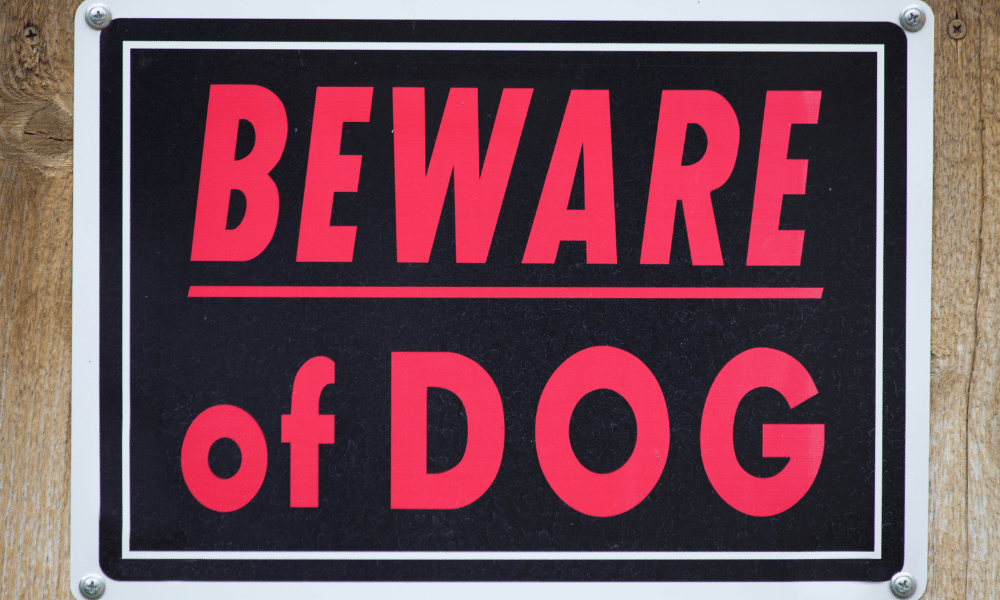It is quite common to see people working two jobs in order to make ends meet.

A lot of people have a full-time job and a part-time job. Some others have two or more part-time jobs. If you find yourself in this situation, you might wonder whether getting an injured while at your second job will affect your right to collect workers’ compensation benefits.
The Basics of Workers’ Compensation for a Worker with Two Jobs
Generally, if you get injured at one job, you are entitled to workers’ compensation benefits. This applies even if you can continue working at another job.
However, working at a second job while receiving workers’ compensation could reduce the value of the compensation benefits you receive. If you can not work at either of your jobs, you can include your potential earnings from your other job in your calculations for workers’ compensation.
It is very important for you to be honest about the nature of your second job while you are filing the paperwork for workers’ compensation. Being dishonest about this can be termed as insurance fraud and you could receive time in jail or get some other punishment as a result.
Although New Jersey lets you combine your wages from both jobs, this is not what happens in most states. In a lot of states, you only get compensation for lost wages from the job at which you sustained injuries.
Who Pays the Benefits?
In New Jersey, you can get benefits to the value of your combined wages from your multiple jobs. However, it is only the employer at the job where you sustained the injury that would pay your benefits.
This is not much of a financial burden on your employer because all employers in New Jersey are required to get workers’ compensation insurance. In essence, it is your employer’s workers’ compensation insurer that would foot the bill.
Are There Any Obligations for the Second Employer?
Your employer at your other job has no obligation relating to your workers’ compensation claim. If you are fit to continue working with your second employer, he or she can choose to allow you to continue.
Ultimately, it is your second employer’s choice to either hire you or not. If your second employer thinks you might not be able to perform effectively, there is no obligation to keep you on staff or maintain your other work benefits.
Can You Continue Working at Your Second Job?
If you are fit enough, you can decide to continue working with your second employer. However, the value of your wages will be deducted from your workers’ compensation benefit.
Returning to work with your second employer might raise some questions of fact about whether you are able to return to work in another capacity. If the work you do earns you a lower wage, the difference with your previous earnings would be added to your workers’ compensation benefits.
Get a Physician’s Statement
An important document in your workers’ compensation claim is a doctor’s statement. The doctor’s statement will certify your inability to continue working. If you can continue working, it is going to state the restrictions you have to observe. The doctor’s statement will also comment on whether your ailment is a temporary or permanent disability.
Does the Injury Have to be Direct?
It is not always necessary for your injuries to be directly related to an accident. For instance, you could get injuries like tendinitis as a result of continuous stress. You can also get workers’ compensation if your injuries are a result of your exposure to some toxic chemicals.
Types of Benefits You Can Pursue
By law, employers are required to take care of medical costs related to the treatment of your workplace injury. This includes things like doctor visitation, physical therapy, surgery, emergency services and prosthetic devices or appliances needed to carry out your treatment.
In addition to medical benefits, there are other types of benefits for New Jersey workers and they include:
Temporary Total Disability Benefits
An individual who has been disabled for more than seven days is able to receive temporary total benefits equaling out to 70% of their weekly wage. This cannot exceed 75% of the Statewide Average Weekly Wage or fall below 20% of the Statewide Average Weekly Wage.
Permanent Partial Benefits
In this case, benefits are based upon a percentage of “scheduled” or “non-scheduled” losses. “Scheduled” losses are ones that involve hands, arms, legs, fingers, feet, eyes, toes, ears, or teeth. “Non-scheduled” losses involve any area or part of the body not identified as a “scheduled” loss, such as organs and the back. The benefits for these are paid weekly and are due after the temporary disability ends.
Permanent Total Benefits
If a work injury or illness is so severe that it prevents a worker from returning to work, they may be entitled to receive permanent total benefits. These benefits are provided weekly, for a period of 450 weeks. If the worker is able to show that they remain unable to earn wages, the benefits may continue beyond those initial 450 weeks.
Speak to a New Jersey Workers’ Comp Lawyer Today
If you were seriously hurt while working at a second job, the workplace injury attorneys at The Law Offices of Craig A. Altman are ready to help. Our team of experienced and skilled workers’ comp lawyers possesses a deep understanding of the New Jersey legal system. Contact our office today to schedule a consultation. Call today at 856-327-8899 or fill out a quick contact form so a member of our legal team can follow up with you.





